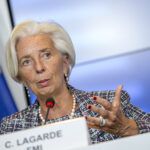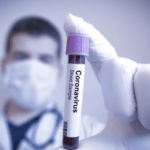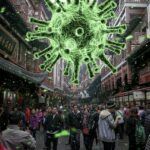At this stage, it is likely that Europe will see similar developments like in Italy, varying from country to country.
To address these scenarios, ECDC constantly updates its risk assessments for Europe and provides guidance for the European Union and European Economic Area (EU/EEA) countries and authorities to respond to the outbreak.
Following the recent detection of COVID-19 clusters in Italy, ECDC’s support included issuing guidance for hospitals and healthcare workers on how to manage COVID-19 cases and how to protect themselves when taking care of patients as well as for environmental cleaning.
On 25 February 2020, ECDC also updated the case definition for EU surveillance of COVID-19 outlining the criteria for suspected cases who should be tested. These include patients presenting with acute respiratory infection (whether mild or severe) who in the 14 days prior to onset of symptoms have met at least one of the following criteria:
- close contact with a confirmed or probable case of COVID-19 infection
or - having stayed in areas with so-called presumed community transmission.
ECDC reviewed the list of countries and areas of presumed community transmission which now also includes the four regions in northern Italy.
Pasi Penttinen, ECDC expert in infectious diseases, stresses how travellers can help prevent further spread of COVID-19:
“This outbreak is a global issue now and good coordination is vital. There is also something everyone can do: when you are travelling to or living in areas with presumed community transmission – which we outline in our assessment – follow strict hygiene measures such as regularly washing hands with water and soap or using alcohol-based hand sanitisers. When you come back from such an area, monitor your health status for a period of 14 days after your return. If you experience any respiratory, flu-like symptoms during that period, contact a healthcare specialist. Ideally do so via telephone first and indicate your travel history before you seek medical attention in person and sitting in waiting rooms with other people. If you have any symptoms, please avoid contact with other people until you have consulted a healthcare specialist.”
More information
Areas with presumed community transmission of COVID-19
WHO Informative document on COVID-19
Speech by Commissioner Kyriakides on COVID-19







Leave a Reply